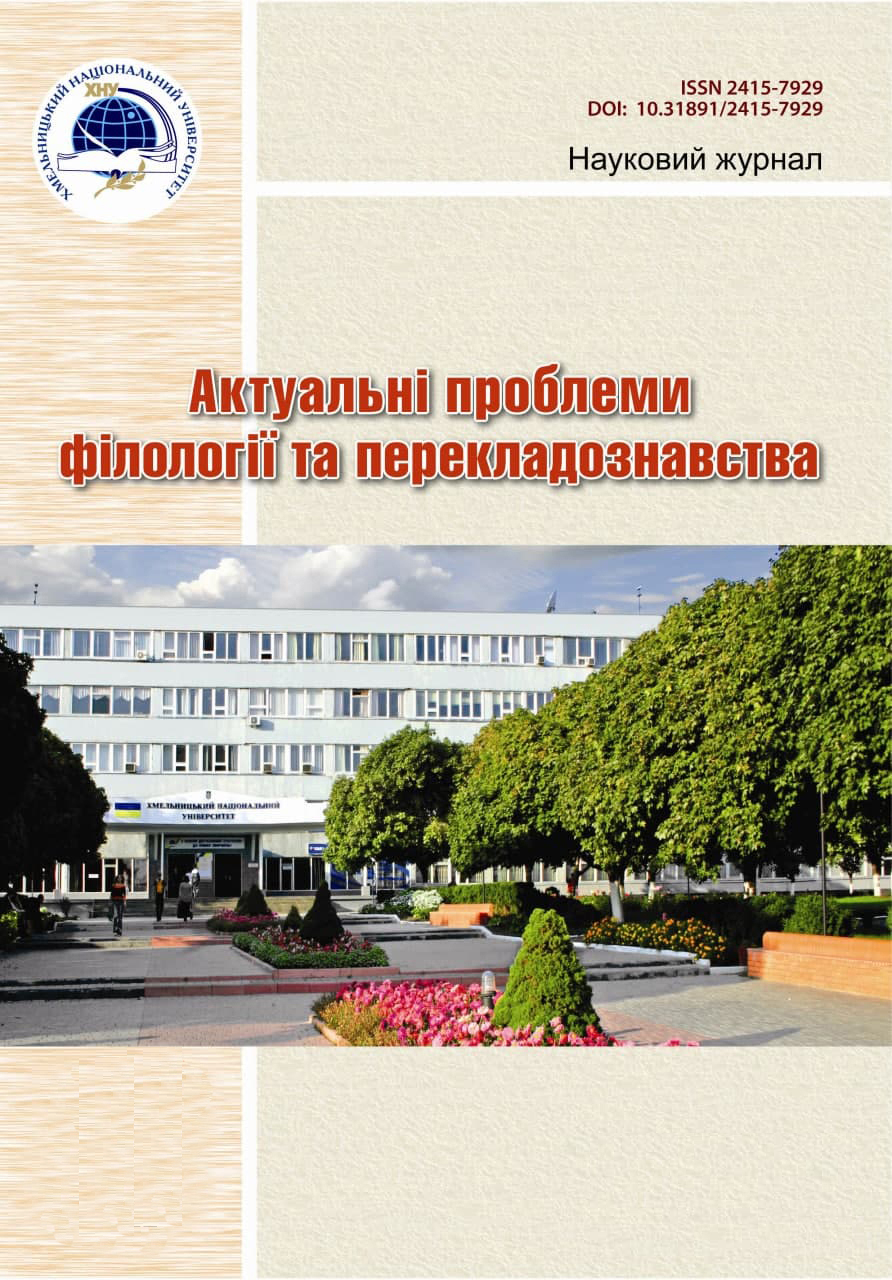REGIONAL ENGLISH DIALECTS OF GREAT BRITAIN IN THE CONTEXT OF TRANSLATION RESEARCH
DOI:
https://doi.org/10.31891/2415-7929-2021-22-19Keywords:
regional dialect, historical factors, socio-cultural factors, phonetic (grammatical, lexical) features, Great BritainAbstract
The article deals with the development and characteristic features of distinct regional English dialects in Great Britain. It has been suggested that the development of English dialects on the British Isles was influenced by many historical and socio-cultural factors. Contacts between tribes and communities of different genetic and cultural origins contributed to the linguistic exchange between them, during which lexical units came from one dialect to another, transformed and gained new meanings. Factors that significantly influenced and hybridized the English language include the colonization of territories, Christianization, the influence of the French language, which began with the conquest of England by the Norman invaders, borrowing words from Latin caused by the popularity of classical texts and concepts in the Reinessance period, formation of urban conglomerates, industrialization, innovation processes in society, etc.
Taking Northern English as an example of a distinct English dialect, we came to a conclusion that there are many linguistic features of a particular English dialect that can be difficult to interpret in the translation process. The most noticeable characteristic features of the dialect are its phonetic differences from generally accepted linguistic norms, but it is also worth taking into account the numerous lexical and individual grammatical peculiarities described in this paper. The prospect of further scientific research is translation of colloquial vocabulary and socio-cultural realities used in some regional English dialects.
Downloads
Published
Issue
Section
License
Copyright (c) 2021 О. МАРТИНЮК (Автор)

This work is licensed under a Creative Commons Attribution 4.0 International License.

